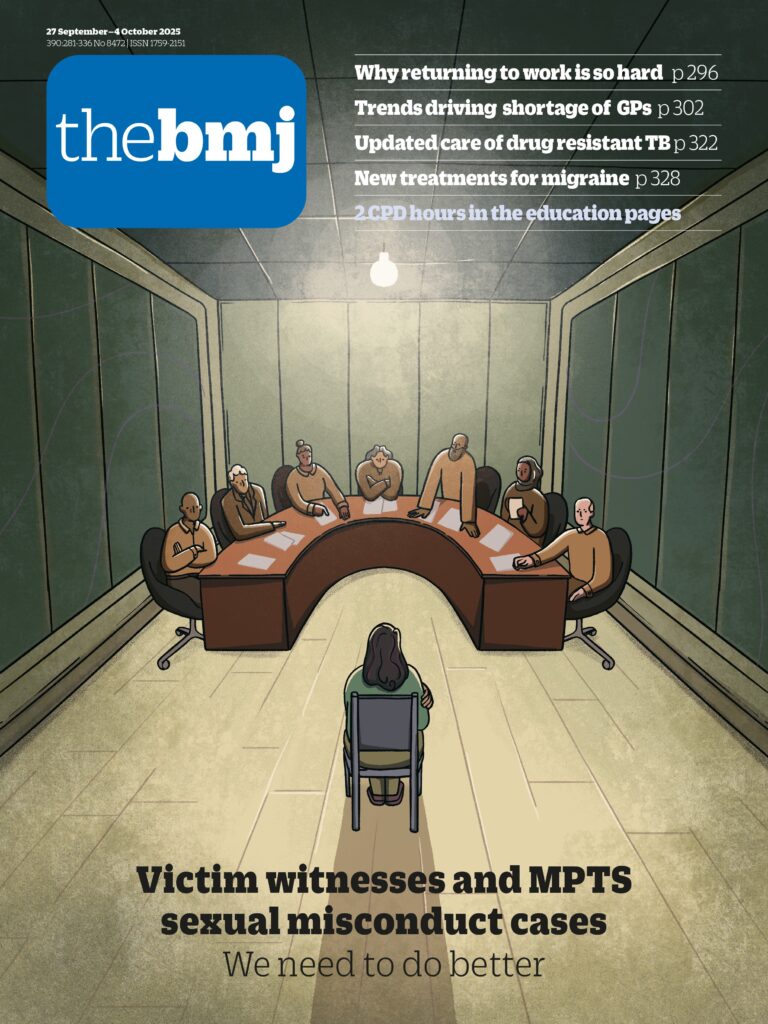A gene therapy trial claims to show promising results for patients with Huntington’s disease. A press announcement of the experimental treatment suggests significant slowing of the disease over three years.
What has happened?
On 24 September, US biotechnology company uniQure announced positive results from its phase 1/2 study of AMT-130, a gene therapy for Huntington’s disease.1 The treatment showed a statistically significant 75% slowing of disease progression at 36 months compared with patients matched by propensity score from natural history datasets.
Results of the trial, however, were announced in a press release—the full study data have yet to be peer reviewed and published.
If confirmed, the treatment would be the first potential disease modifying therapy for Huntington’s disease, a fatal inherited neurological disorder that causes progressive involuntary movements, muscle rigidity, cognitive decline, and psychiatric symptoms. The condition typically leads to complete disability, with median survival of 24 years from diagnosis.2 Approximately 75 000 people across the US, EU, and UK have Huntington’s disease.
What is AMT-130?
AMT-130 is a gene therapy delivered directly into the brain through a single neurosurgical procedure. The one-off treatment targets the striatum, the brain region most affected in Huntington’s disease. Clinicians administer the treatment precisely in the caudate and putamen regions …

